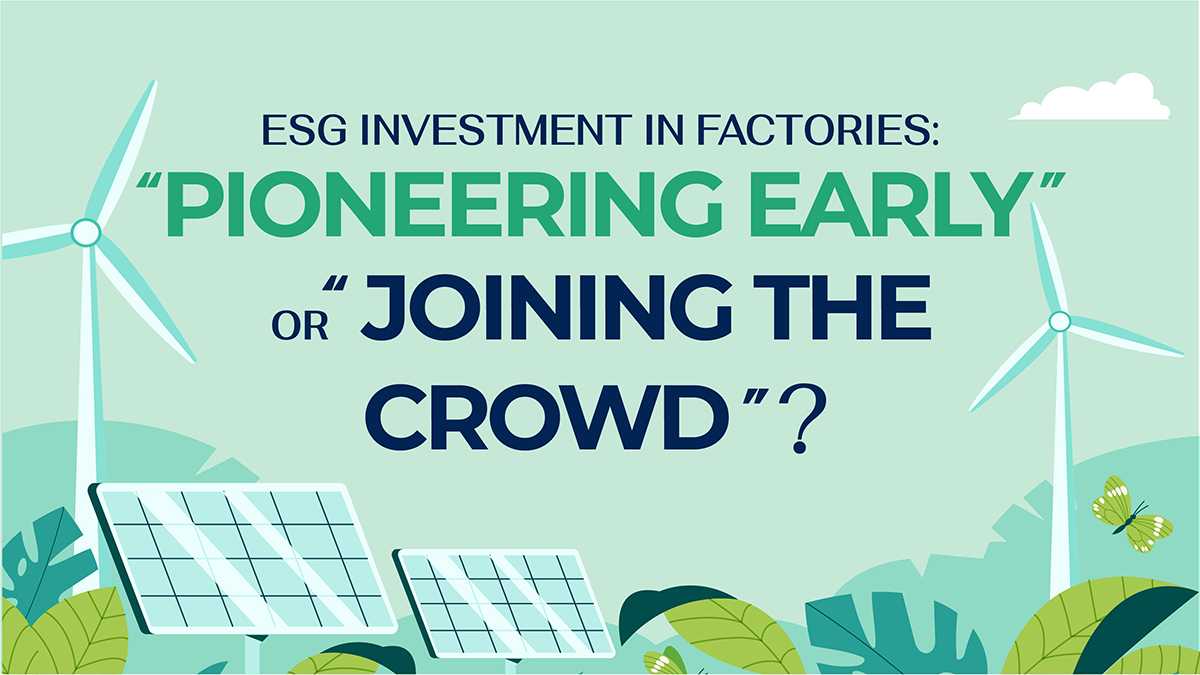
ESG investment in factories requires significant capital investment but is considered an “irreversible trend” that promises long-term profitability, according to a 23-year finance expert from KPMG.
 When is the right time
When is the right time
to implement ESG?
ESG involves three areas: Mitigating climate change (Environment), Ensuring social equity (Social) and Modern corporate governance (Governance). Investors and consumers are increasingly concerned about how businesses contribute to social equity, fairness in redistributing social income, transparency in global tax payments, and environmental emission reductions.
In practice, Vietnam is falling behind in adopting ESG practices. A 2022 report indicated that 80% of businesses have committed or plan to commit to ESG practices soon. However, there remains a substantial gap between commitment and action, particularly in the initial stage of sustainable production: ESG investment in factories. The passive approach of “observe and wait” often leads businesses to hesitate between “pioneering early” or “joining the crowd”.
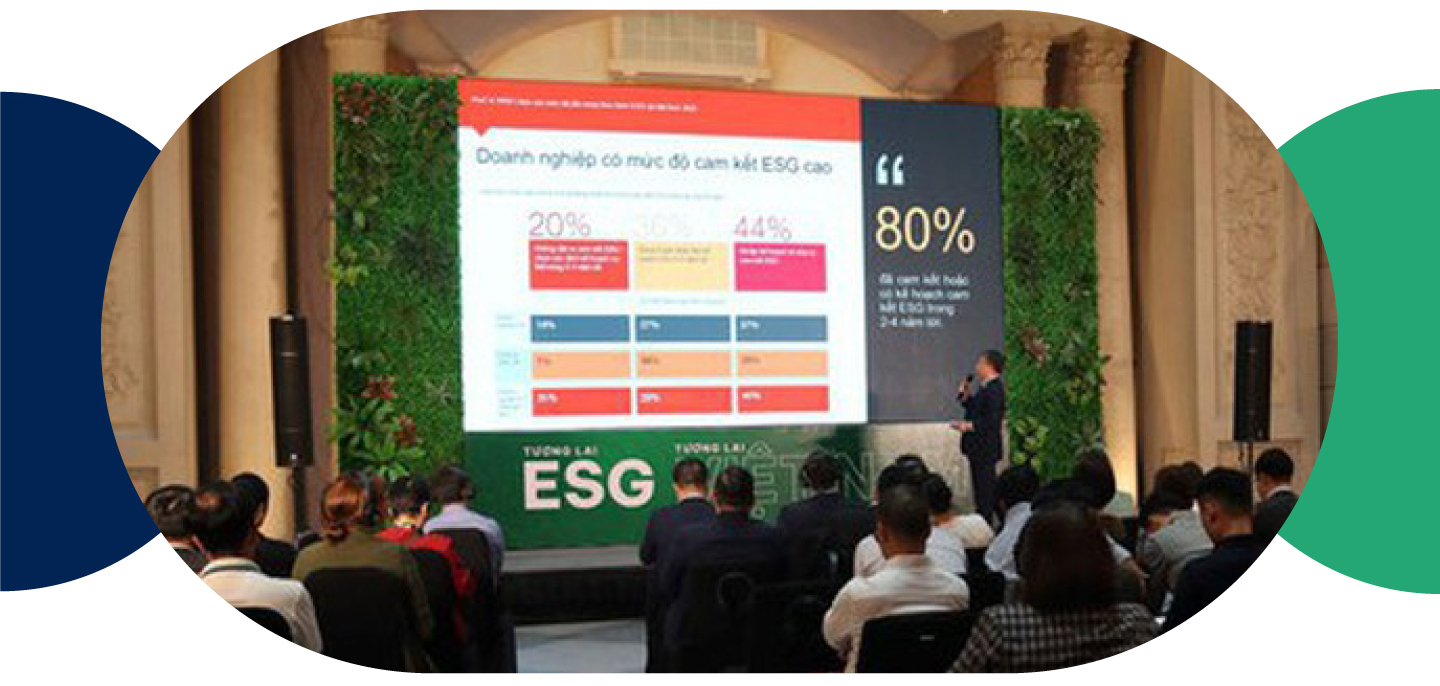

Mr. Hoang Thuy Duong noted that Vietnam has committed to achieving Net Zero by 2050 at COP26, making the next 27 years relatively urgent. Last year, the government issued Decree 06 on carbon reduction, requiring 2,000 businesses to report carbon emissions and outline a reduction plan.
From a corporate perspective, the urgency is even greater due to imminent taxes on E and G factors. Specifically, from January 2024, the US carbon tax and the 15% global minimum tax agreed upon by 163 countries will come into effect.
In the past two years, KPMG has received numerous requests from global companies to audit Vietnamese suppliers regarding responsible sourcing, threatening to switch partners if standards are not met. KPMG also advises on M&A deals, finding that ESG compatibility, along with financial due diligence, is a decisive factor for investment or setting investment limits.
 For ESG to be effective,
For ESG to be effective,
the need for in-depth discussions
Mr. Duong evaluates ESG as broader and more specific than CSR (Corporate Social Responsibility) or Corporate Citizenship. ESG isn’t just “a few actions” but involves “everything a business does” (ESG isn’t something you do, it’s everything you do). To be thorough, ESG requires deep discussion, but any “small steps” can lead to “big shifts”.
(Big shifts, small steps).

Particularly, Mr. Duong emphasized that major FMCG companies (like Zara, H&M, Nike, etc.) are highly concerned with environmental standards, requiring their manufacturing partners to meet these standards to secure and retain orders.
For “newbie” businesses integrating ESG, initial difficulties often arise from not knowing where to start. KPMG advises having an internal ESG team to determine commitment levels and plan suitable factory investments.
For companies already practicing ESG and publishing Sustainable Development Reports, KPMG recommends two things: shifting from “storytelling” reporting to providing more quantitative evidence; and using data to drive change and prove it convincingly.
For investors in manufacturing, a long-term ESG plan for factories is essential, as sustainable production will eventually be a universal requirement. By establishing a “pollution-free” brand now and investing in decarbonization and energy transition, businesses can seize the opportunity to become winners within this decade.
To determine investment in carbon-neutral factories, Mr. Duong advises businesses to adopt a long-term perspective over the next 20-30 years, considering the sacrifice of short-term benefits in exchange for long-term gains. Using tools to calculate future cash flows and capital costs, KPMG has helped many businesses assess the financial viability of Net Zero projects, determining investment effectiveness

 ESG investment roadmap example
ESG investment roadmap example
BlueScope is a typical example for the steel industry, which has high emissions, as well as for industrial sectors in general. As early as 2018, the company began publishing Sustainable Development Reports, providing a clear roadmap along with solid data.
NS BlueScope Vietnam set a target to reduce greenhouse gas emissions by 40% in both steel production and non-production activities by 2030-2050.
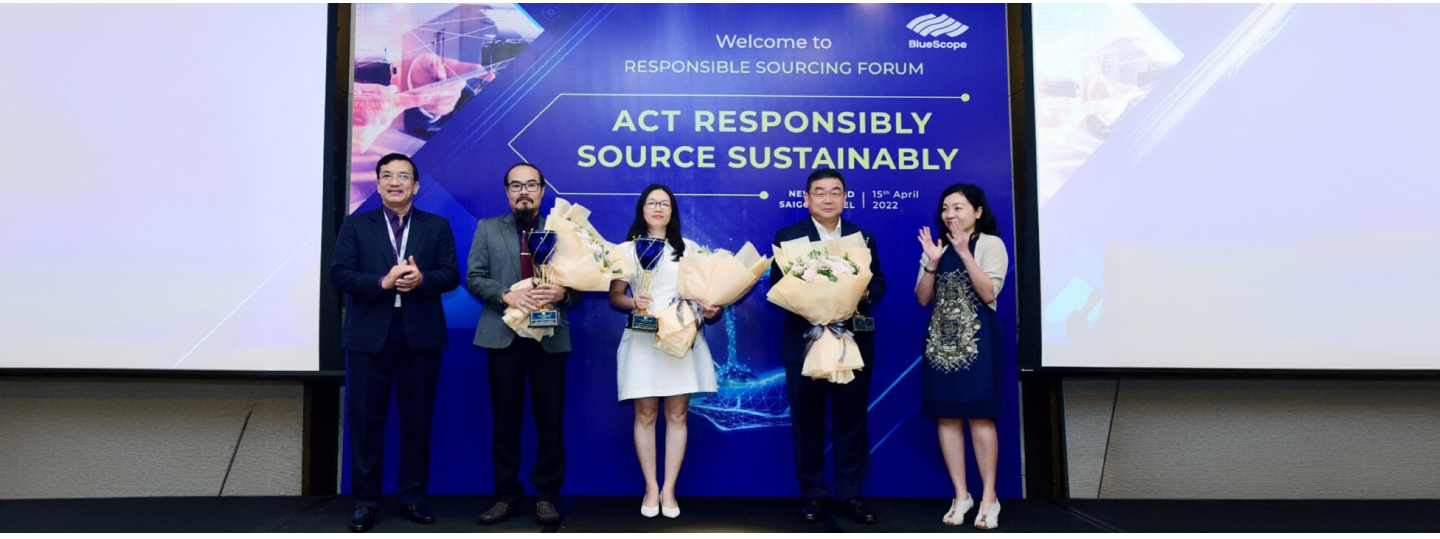
NS BlueScope Vietnam’s factory in Phu My has earned the ResponsibleSteel™ certification, marking it as the first in Vietnam’s steel industry and the first steel coating factory in Southeast Asia to achieve this certification. Globally, this is BlueScope’s third factory to achieve this recognition. To receive the certification, the company met 12 stringent ESG criteria specifically designed for the steel industry, setting a clear global standard for sustainable steel production.
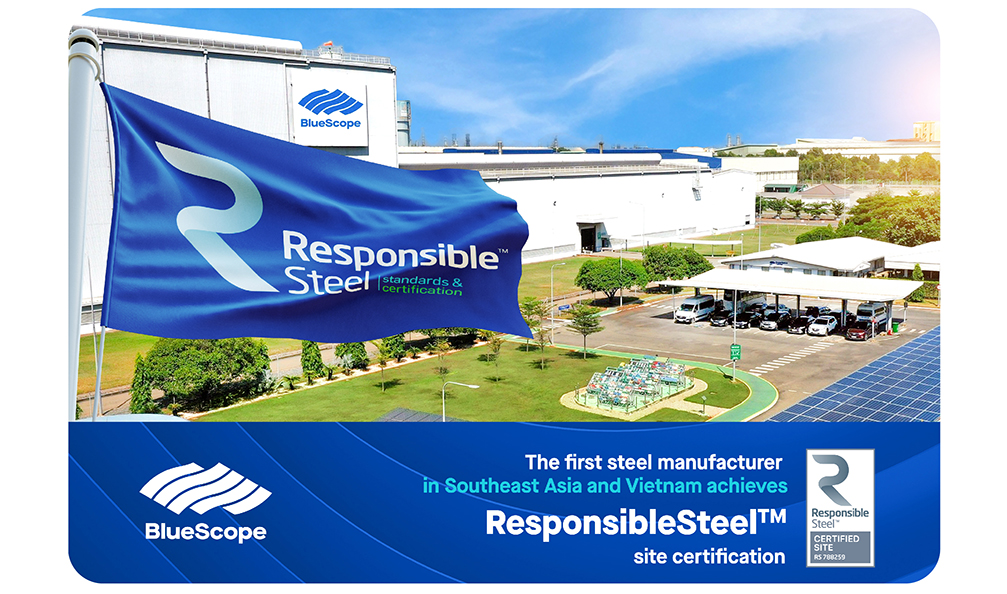
Additionally, BlueScope offers materials integrated with the Thermatech® solar reflectance technology that reduce roof surface temperatures by up to 6ºC, saving energy and earning points for LEED (USA) green building certification. Their advanced AM 4 matrix phases alloy-coated technology ensures the durability and aesthetic appeal of constructions.
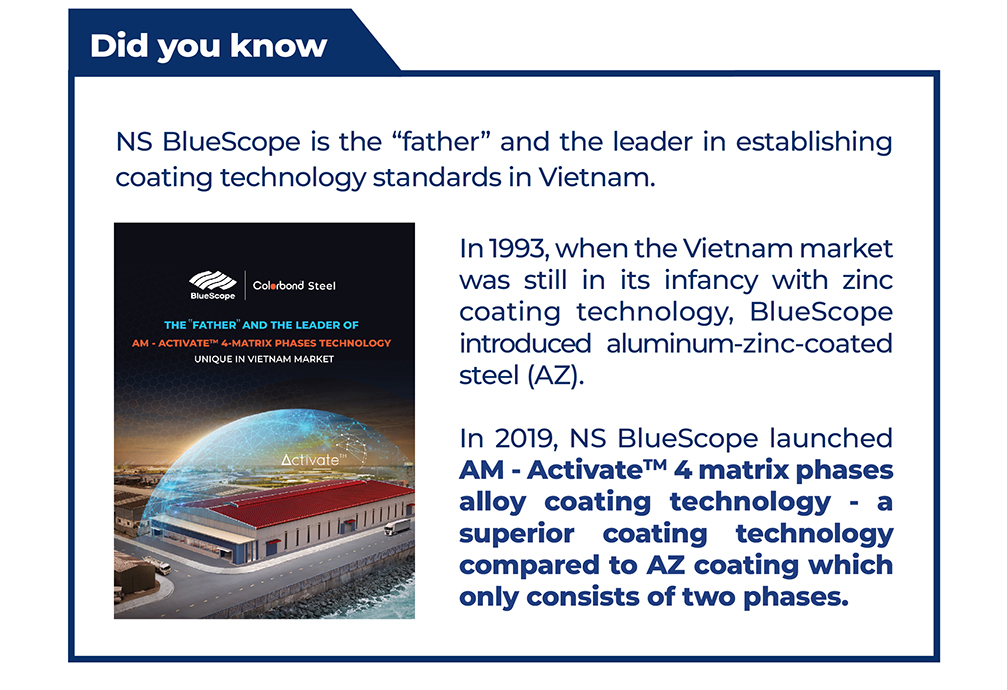


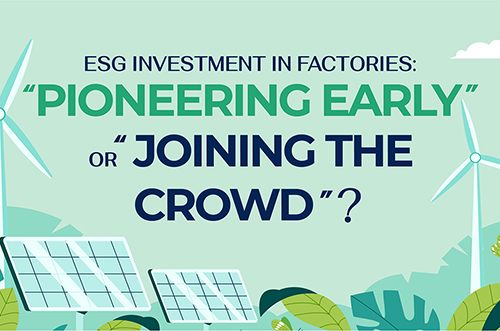

Comment